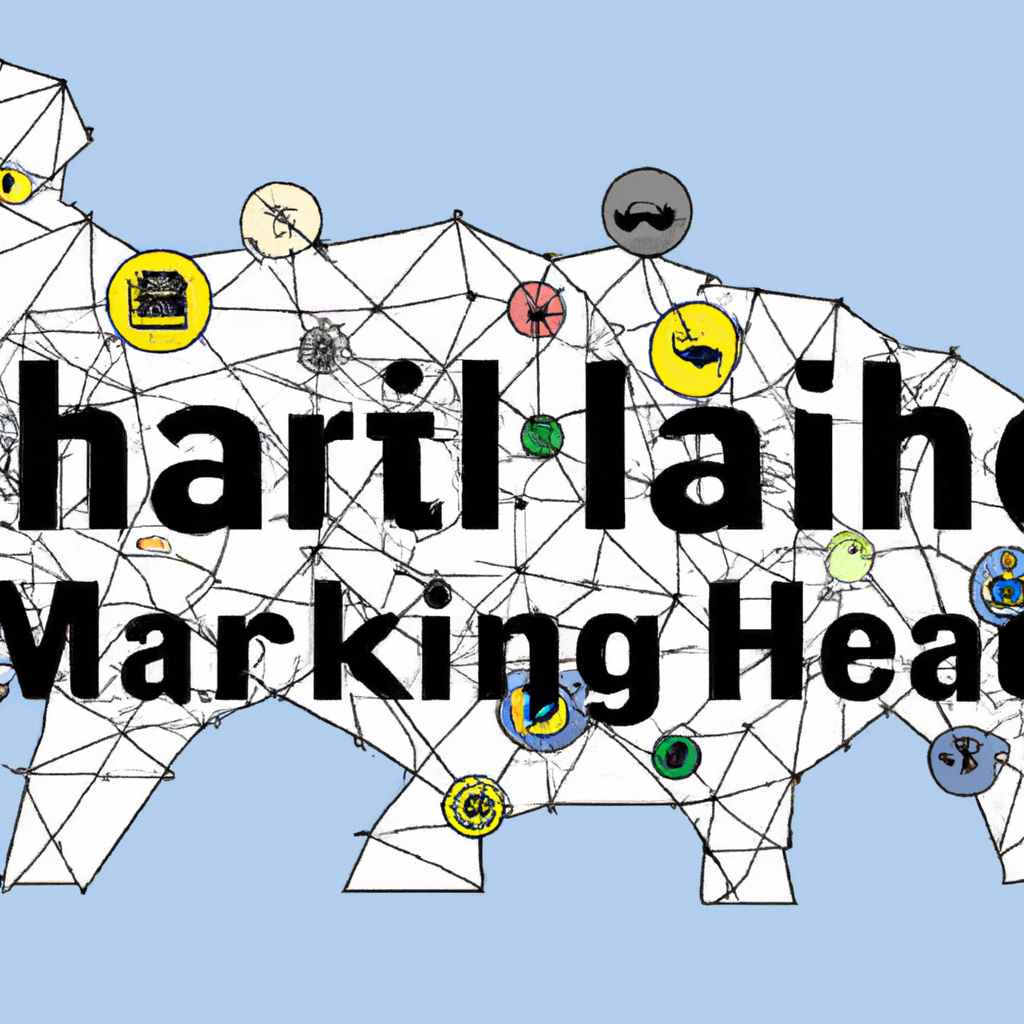Revolutionizing Healthcare: The Power of Machine Learning
by Jon Fenner

Revolutionizing Healthcare: The Power of Machine Learning
Introduction
The healthcare industry is at a crossroads. Patient volume is increasing, while the number of trained medical professionals is decreasing. The need for systematic and data-driven solutions is more imperative than ever before, and one potential solution is machine learning.
Unlocking the Potential of Machine Learning in Healthcare
Machine learning has already made a significant impact in industries ranging from finance to retail, and it’s time for healthcare to embrace its potential. With the vast amount of data generated every day in healthcare, machine learning algorithms can quickly analyze and extract meaningful insights to improve patient outcomes.
What’s more, machine learning can not only analyze data but also predict outcomes before they happen. This means doctors and healthcare providers can foresee potential health issues and take preventative measures before it’s too late. Machine learning’s predictive capabilities can save lives, improve patient outcomes, and reduce healthcare costs.
Machine learning can also help detect patterns and anomalies that humans would not be able to detect. For instance, it can help identify patients at high risk of diseases, flag unusual spikes in patient data, and provide insights into how to personalize treatment depending on patients’ unique factors.
Transforming Diagnostics and Treatment through Data-Driven Insights
Machine learning’s impact on diagnostics and treatment is likely to be transformative. Machine learning algorithms can analyze vast amounts of patient data, from genetic information to imaging data, to help identify medical issues and develop personalized treatment plans.
Machine learning can help doctors and healthcare providers predict diagnosis and treatment outcomes based on patient data. As a result, physicians can develop treatment plans that are more likely to be effective, reducing the time needed for patients to see results and minimizing healthcare costs.
Moreover, machine learning can improve disease detection accuracy. For instance, machine learning algorithms can detect subtle changes or patterns in medical images that human doctors would not notice. The use of machine learning in diagnostics and treatment also helps improve patient outcomes, reducing the need for follow-up visits and lowering healthcare costs.
Conclusion
The use of machine learning in healthcare is still in its early stages, but its potential to transform the industry is immense. By leveraging the power of machine learning, healthcare providers can improve patient outcomes, reduce healthcare costs, and improve the overall quality of care. While there may be challenges, including privacy concerns and the need for proper training, the benefits of machine learning in healthcare are clear-cut. It’s time for healthcare to embrace technology and usher in a new era of improved patient outcomes.
Revolutionizing Healthcare: The Power of Machine Learning Introduction The healthcare industry is at a crossroads. Patient volume is increasing, while the number of trained medical professionals is decreasing. The need for systematic and data-driven solutions is more imperative than ever before, and one potential solution is machine learning. Unlocking the Potential of Machine Learning in…